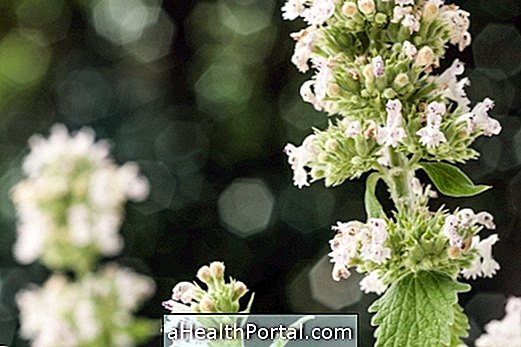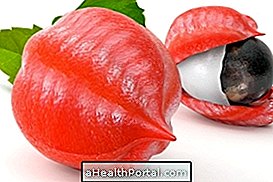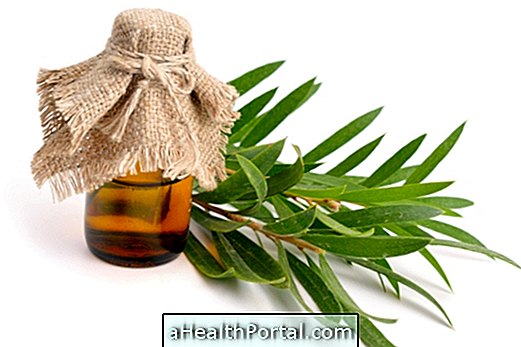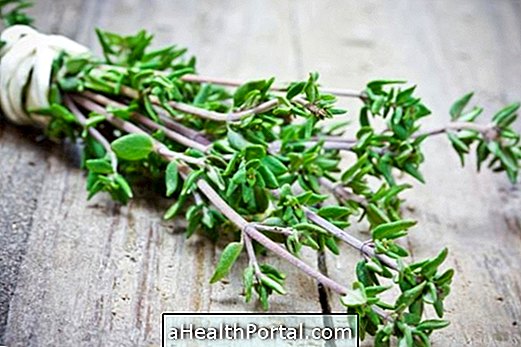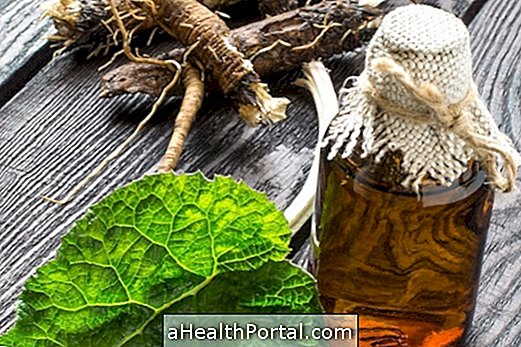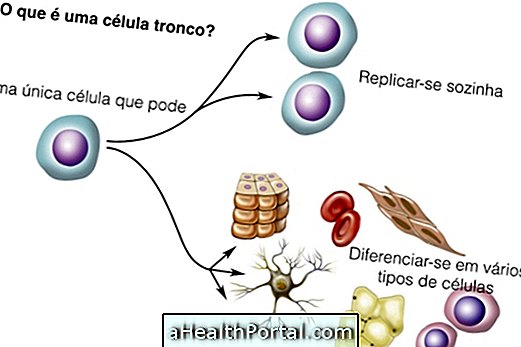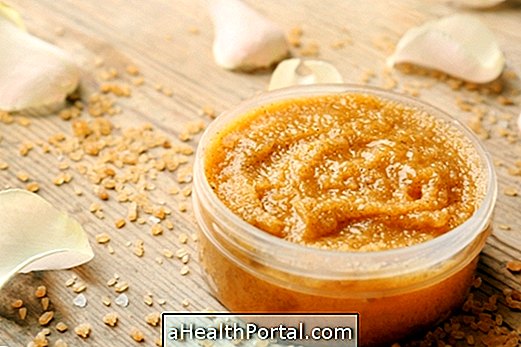Sene is a medicinal plant, also known as Sena, Cassia, Cene, Dishwashers, Mamangá, widely used to treat intestinal problems due to its laxative and purgative properties.
Its scientific name is Cassia angustifolia and can be found in natural products stores and in some handling pharmacies.
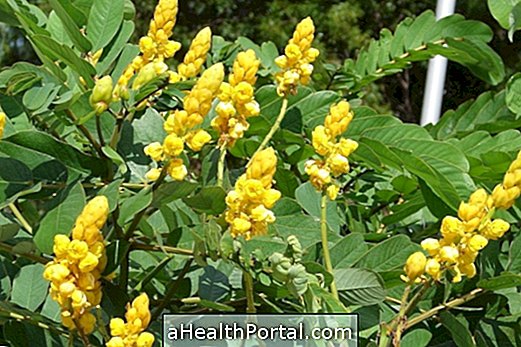
What is the sene?
The sene has laxative, purgative, antacid, depurative and vermifuge properties, thus it can be used in the treatment of constipation, biliary colic, fever, gas, anal fissure, hemorrhoids, venereal diseases, diseases caused by fungi, high blood pressure, cholesterol and diseases of the skin and eyes.
Although it has many benefits, sene should be used with caution and under medical guidance, as its constant use can cause intestinal changes, cause very strong cramps and even predispose to rectal cancer.
How to use Sene to lose weight
Due to its laxative properties, sene can be used for weight loss, as it increases the frequency of bowel movements, as well as inhibiting the absorption of water and fat through the intestine. In spite of this, the use of the sene is not recommended for more than 7 days and nor in very high concentrations, since it can alter the intestinal microbiota and favor the emergence of other diseases.
A great option to lose weight with the consumption of this plant is the sene tea, which is made with the green leaves of the plant. The greener the leaf, the more effect they have on the body compared to the dry leaf and the fruit.
Ingredients
- ½ tablespoon dried sesame leaves;
- 250 ml of water.
Method of preparation
Put the herb in a pan, add the water and boil for 5 minutes. Expect to cool a little, strain and drink several times a day, without adding sugar.
Intake of teas can be a great ally for weight loss, however, the best way to lose weight is definitely through eating healthy and regular exercise. Learn how to lose weight fast and healthy by watching the following video:

Side effects of sene
The use of excess senes can lead to several side effects, such as severe cramps, vomiting, diarrhea, increased menstrual flow, hypocalcemia, hypokalemia, intestinal malabsorption and hemoglobin decrease.
Senescence is contraindicated in cases of hypersensitivity to senescence, pregnancy, lactation, in children under 12 years of age, as well as intestinal occlusion, enteritis, acute appendicitis and stomach pain of unknown cause.
In addition, sene should not be consumed by individuals taking heart medicines, laxatives, cortisone or diuretics, and their use should not be longer than 10 consecutive days as it may cause several side effects and increase the predisposition to cancer colorectal cancer. Therefore, before making use of sene, it is important to seek guidance from a physician to avoid possible complications.
